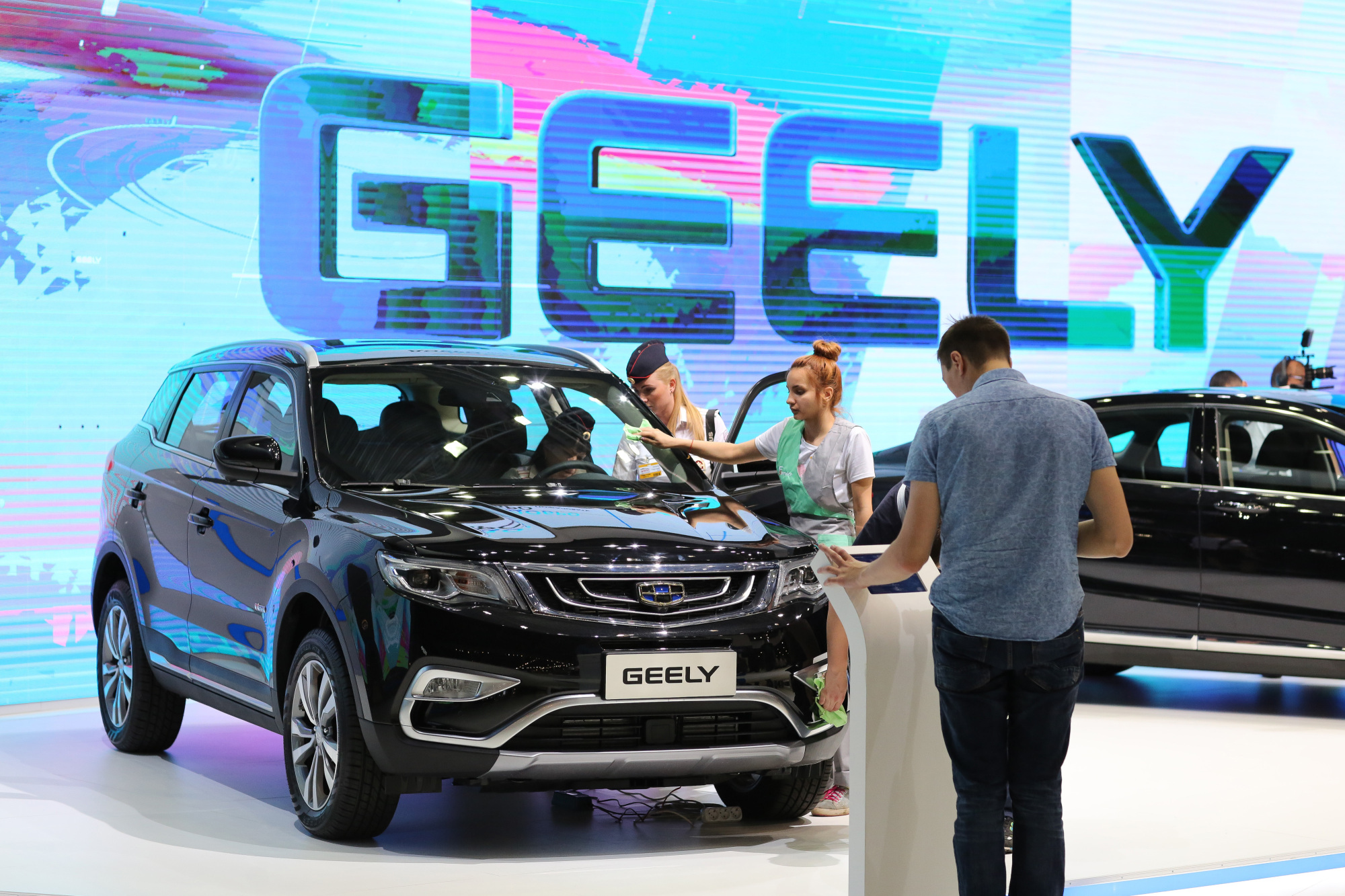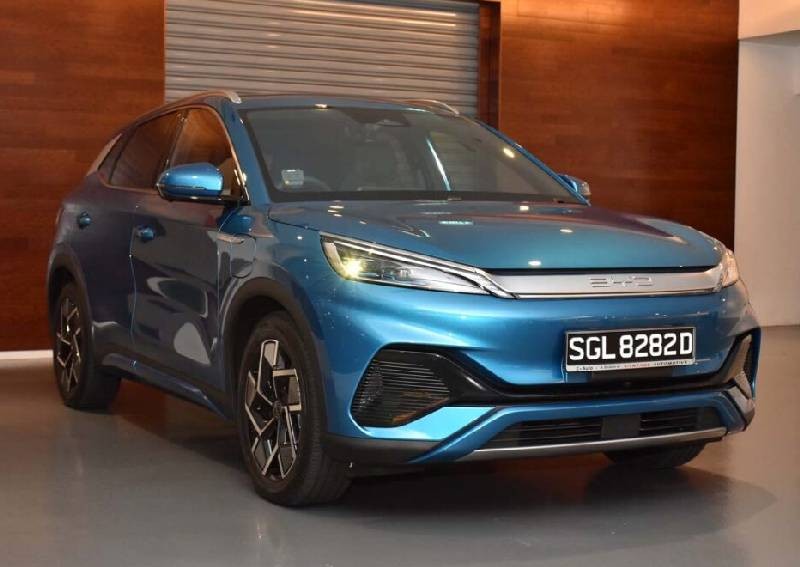
Chinese electric vehicle (EV) manufacturers are increasingly entering the Singaporean market as the government bolsters EV adoption through extended incentives and the expansion of charging infrastructure. Notable recent entries include Zeekr, a luxury EV brand under Geely, and Xpeng Motors. Zeekr launched the Zeekr X, a premium SUV, with prices starting at SGD 199,999 ($150,604). Xpeng, meanwhile, introduced its Xpeng G6 electric SUV, offering a starting price of SGD 209,999 for the standard model and SGD 224,999 for the longer-range version.
Zeekr’s vice president, Mars Chen, emphasized the company’s belief in the growing demand for EVs that offer more than just transportation, aiming to provide a premium driving experience that enhances urban living. Chen expressed optimism that their Singapore launch would serve as a springboard for expansion across Southeast Asia.
Singapore’s familiarity with Chinese EVs dates back to 2014 when BYD, the world’s largest EV seller, introduced its fleet of 30 electric taxis in the city-state. Since then, BYD has expanded its offerings in Singapore, including trucks, buses, and passenger cars. Other Chinese automakers, such as GAC Aion and Chery, have also made inroads into the market.

According to Jarick Seet, an analyst at Maybank Securities, Chinese automakers see Singapore as an ideal market for expansion due to its advanced urban landscape, which suits EVs. He noted that despite Singapore’s small market size, the government’s push towards EV adoption makes it an attractive destination for EV manufacturers.
Singapore aims to phase out diesel-powered vehicles starting in 2025 and internal combustion engine vehicles by 2030 as part of its plan to have all vehicles running on cleaner energy by 2040. During the first half of this year, approximately one in three new cars sold in Singapore was an EV, nearly doubling from 18% in 2023.
The government has extended the EV Early Adoption Incentive scheme until 2025, offering a 45% rebate on the additional registration fee for newly registered fully electric cars and taxis, capped at SGD 15,000. Furthermore, the government’s emissions scheme continues to reduce the upfront costs of EV ownership, with potential savings of up to SGD 40,000 in 2024.
Singapore’s EV infrastructure is expanding to meet growing demand, with 7,100 charging points installed nationwide and a target of 60,000 by 2030. Despite these advancements, BMI, a Fitch Solutions company, pointed out that the high cost of vehicle ownership and the availability of well-developed public transportation options may limit the overall market size. Nevertheless, BMI predicts a 73.7% year-over-year increase in passenger EV sales in Singapore in 2024, with plug-in hybrid EV sales growing by 53.4% and battery EV sales by 74.7%.
Featured Image courtesy of The Japan Times
Follow us for more updates on Chinese EVs.
